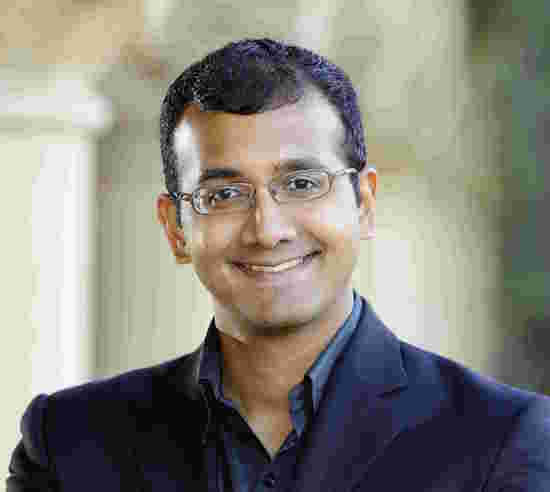CSE Seminar
Enabling Data Science for the Majority
Add to Google Calendar

Despite great strides in the generation, collection, storage, and processing of data at scale, data science is still extremely challenging for the vast majority of the population. The driving goal of our research is to help individuals"”regardless of programming or analysis ability"”manage, analyze, interpret, and draw insights from large datasets. Over the past three years, we've been building (with collaborators at MIT, UMD, and UChicago) a suite of tools that empower individuals and teams to explore their data more effectively and effortlessly.
Our tools span the spectrum of data science or analysis needs, all the way from extracting data into a form amenable to analysis, to exploration and derivation of insights, to recording and sharing of datasets and insights. These tools include: DataSpread, a "big data" spreadsheet tool combines the benefits of spreadsheets and databases; ZenVisage, a visual exploration tool facilitates the automatic and rapid discovery of trends or patterns; and Orpheus, a collaborative data analytics tool enables the efficient recording and retrieval of dataset versions at various stages of analysis. All of our tools are open-source, and have been used in fields such as neuroscience, battery science, genomics, astrophysics, marketing analytics, and ad analytics.
In my talk, I will demonstrate that the development of such tools needs to (i) draw on techniques from multiple disciplines–databases, data mining, and interaction, (ii) aim to minimize the effort, time, and complexity from the perspective of the analyst, and (iii) revisit the design of all layers of the software stack, from interfaces and interactions, to query languages and APIs, to query execution and optimization, and finally to representation, storage and indexing. Drawing on examples from tools that we've developed, I will describe how a first-principles approach can lead to solutions that yield practical benefits in terms of scalability, interactivity, usability, and accuracy, while also providing theoretical guarantees. I will finally outline a future research agenda for tool development to truly democratize data science, with the ultimate goal of allowing everyone to tap into the hidden potential in their datasets at scale.
Aditya Parameswaran is an Assistant Professor in Computer Science at the University of Illinois (UIUC). He spent a year as a PostDoc at MIT CSAIL following his PhD at Stanford University (2013), before starting at Illinois in August 2014. He develops systems and algorithms for interactive or "human-in-the-loop" data analytics, synthesizing techniques from database systems, data mining, and human computation. Aditya has received the NSF CAREER Award (2017), the IEEE TCDE Early Career Award (2017), the C. W. Gear Junior Faculty Award from Illinois (2017), multiple "best" Doctoral Dissertation Awards (from SIGMOD, SIGKDD, and Stanford in 2014), an "excellent" Instructor award from Illinois (2016), a Google Faculty award (2015), and five best-of-conference citations (from conferences like VLDB, KDD, and ICDE, 2010-17). He is an associate editor of SIGMOD Record and serves on the steering committee of the HILDA (Human-In-the-Loop Data Analytics) Workshop. His research group is supported with funding from the NSF, the NIH, Adobe, Toyota, the Siebel Energy Institute, and Google. His website is at http://data-people.cs.illinois.edu.
 MENU
MENU 
